Tighten the network
On February 7 (local time), US President Donald Trump held talks with Japanese Prime Minister Shigeru Ishiba at the White House. Speaking after the meeting, Mr. Trump emphasized: "The alliance between the two countries and other countries will also continue to develop long-term and in the future." In addition, President Trump invited Indian Prime Minister Narendra Modi to visit the White House next week. Some diplomatic sources revealed that Prime Minister Modi's visit to the US will take place from February 12 to 14. It is expected that the two leaders will discuss a number of agreements on India's purchase of more defense equipment from the US.
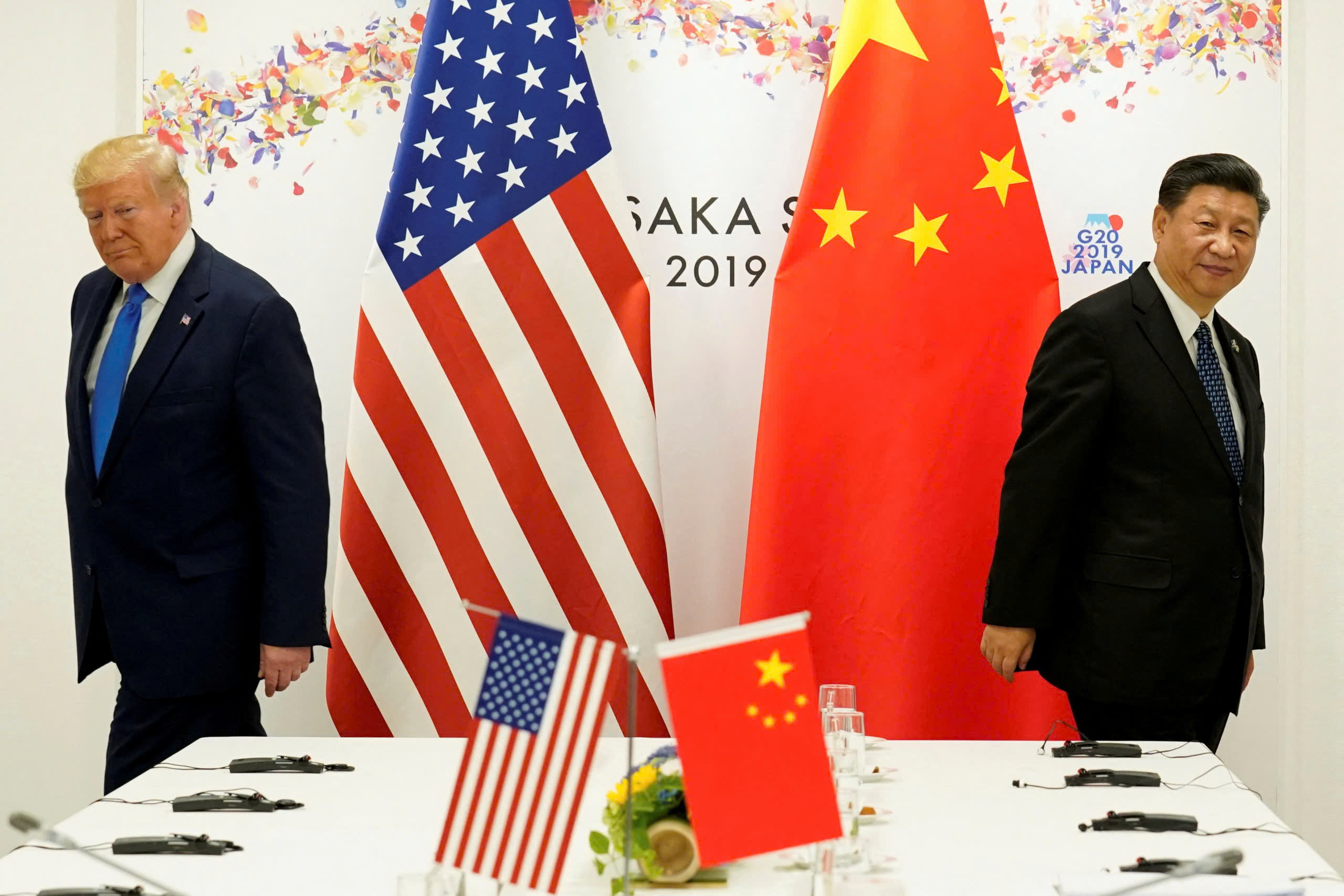
US President Donald Trump and Chinese President Xi Jinping during a meeting in 2019
US judge blocks plan to suspend 2,200 USAID employees
Federal Magistrate Judge Carl Nichols on February 7 ordered the US government to stop forcing about 2,200 employees of the US Agency for International Development (USAID) to take leave, a move seen as a plan by the administration of US President Donald Trump to cut down USAID's operations.
According to Reuters, Judge Nichols’s ruling, which is effective until February 14, also restores the jobs of about 500 other USAID employees who were previously suspended. In addition, the US government is also prohibited from transferring USAID humanitarian assistance staff working abroad.
Bao Hoang
Both India and Japan have trade surpluses with the US, but so far Mr Trump has not issued any message to pressure New Delhi or Tokyo. Even though India is believed to be one of the sources of fentanyl, Washington has not "named" it like Canada, Mexico or China.
Also on February 7, US Defense Secretary Pete Hegseth received Australian Deputy Prime Minister and Defense Minister Richard Marles at the Pentagon. After the meeting, Secretary Hegseth said President Trump supported the nuclear submarine deal in the AUKUS agreement (including the three parties of the US - UK - Australia), after Australia confirmed the first payment of $500 million under the agreement on February 7. "The President is very supportive of AUKUS, recognizing the importance of the defense industrial base," Reuters quoted Mr. Hegseth as opening the talks with Mr. Marles.
Thus, in just over 3 weeks since President Trump took office on January 20, his administration has continuously had many diplomatic activities with the remaining 3 members of the "Quad" group (US - Japan - Australia - India) - which plays an important role in the US strategy in the Indo-Pacific. On January 22, the foreign ministers' conference of the 4 members of the "Quad" also took place in Washington DC.
Recently, on February 4, the US dispatched two B-1 Lancer heavy bombers in coordination with three FA-50 fighters from the Philippines to conduct exercises in the East Sea area. Commenting on the exercise, Dr. Satoru Nagao (Hudson Institute, USA) assessed: "This move will be a symbolic step showing that the Trump administration will choose a tougher stance towards China."
Deep disagreement
Amid such a context, many sources confirmed that the two sides are preparing for a summit between President Donald Trump and Chinese President Xi Jinping this year.
In an analysis sent to Thanh Nien , Dr. Ian Bremmer, President of Eurasia Group (USA) - the world's leading political risk research and consulting unit, assessed: "Beijing wants a stable relationship with the US, especially when China is having to deal with serious economic challenges, growing concerns about social stability and an ineffective military force. For his part, President Trump also wants a "grand bargain" that he sees as a victory over China."
"Although both Xi Jinping and Donald Trump want a deal, it is difficult for the two sides to reach a viable compromise. There is a huge gap between what the Trump administration wants and what Beijing can offer," Dr. Bremmer said.
Explaining further, the expert pointed out: "For China, it could accept buying more agricultural products and energy, better treatment for US companies in China, increasing Chinese investment in the US, compromising on TikTok and maybe even helping promote a ceasefire in Ukraine. But Beijing will also ask for concessions in return, especially the US withdrawing sanctions against China in the technology sector."
"But for many members of Mr. Trump's cabinet who are hawkish on Beijing, China is a strategic competitor that must be contained while the United States still has the advantage. They want nothing more than structural reform of the Chinese economy, complete technological decoupling, and an end to China's military modernization. Those are things that Mr. Xi Jinping will not negotiate," Dr. Bremmer predicted.
Therefore, he believes that the disagreement between the two sides is unlikely to be resolved soon and Washington's 10% tax increase on Chinese goods is just the first shot in the upcoming salvo.
Mexico receives nearly 11,000 migrants deported from the US
Mexican President Claudia Sheinbaum said on February 7 that the country had received nearly 11,000 migrants deported by the United States since January 20, when US President Donald Trump took office. Sheinbaum said the figure included about 2,500 non-Mexican citizens. According to Reuters, earlier this week, Sheinbaum reached an agreement with Mr. Trump to suspend plans to impose tariffs on Mexican goods. In return, Mexico will deploy thousands of police to the northern border with the United States to continue reducing the flow of migrants to the United States.
Tri Do
Source: https://thanhnien.vn/trung-quoc-trong-doi-sach-cua-tong-thong-trump-18525020823262754.htm


![[Photo] General Secretary To Lam receives US Ambassador to Vietnam Marc Knapper](https://vphoto.vietnam.vn/thumb/1200x675/vietnam/resource/IMAGE/2025/9/29/c8fd0761aa184da7814aee57d87c49b3)
![[Photo] Many streets in Hanoi were flooded due to the effects of storm Bualoi](https://vphoto.vietnam.vn/thumb/1200x675/vietnam/resource/IMAGE/2025/9/29/18b658aa0fa2495c927ade4bbe0096df)

![[Photo] National Assembly Chairman Tran Thanh Man chairs the 8th Conference of full-time National Assembly deputies](https://vphoto.vietnam.vn/thumb/1200x675/vietnam/resource/IMAGE/2025/9/29/2c21459bc38d44ffaacd679ab9a0477c)
![[Photo] General Secretary To Lam attends the ceremony to celebrate the 80th anniversary of the post and telecommunications sector and the 66th anniversary of the science and technology sector.](https://vphoto.vietnam.vn/thumb/1200x675/vietnam/resource/IMAGE/2025/9/29/8e86b39b8fe44121a2b14a031f4cef46)

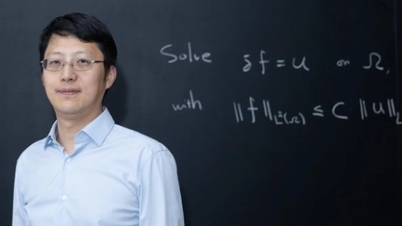

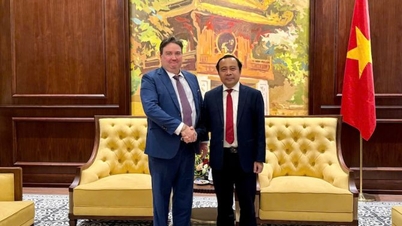



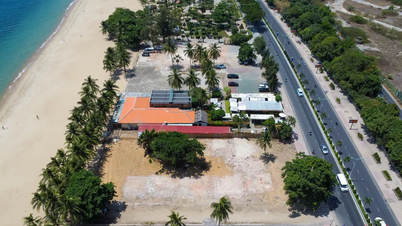

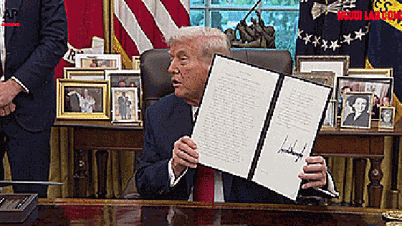







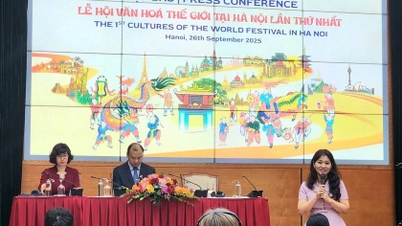
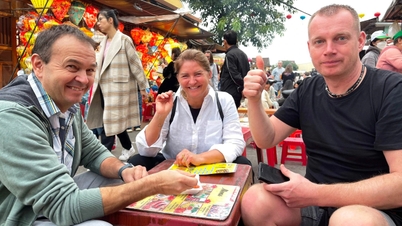







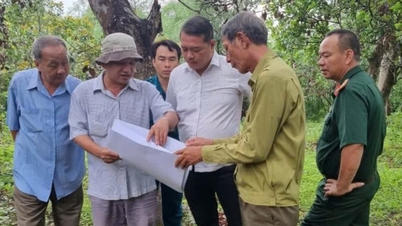
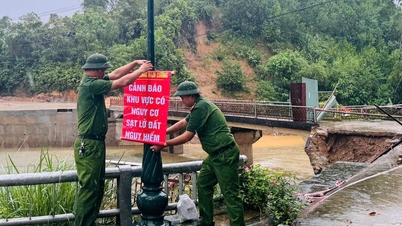
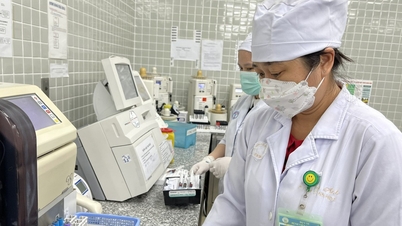


































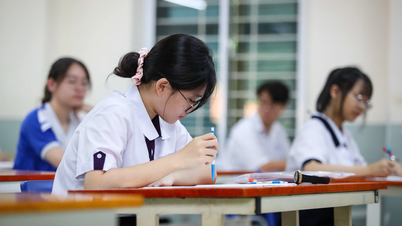











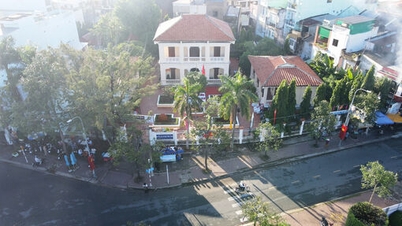






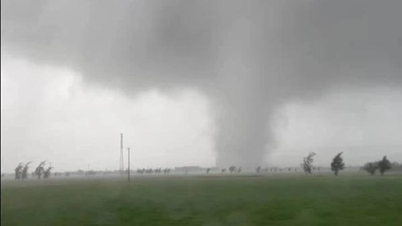












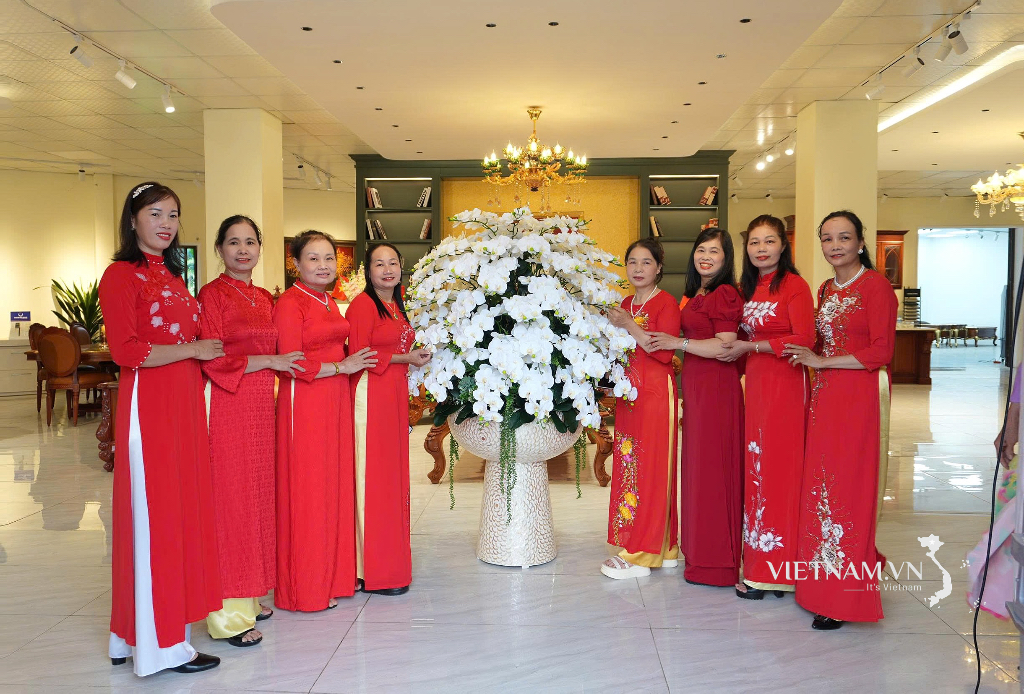

Comment (0)